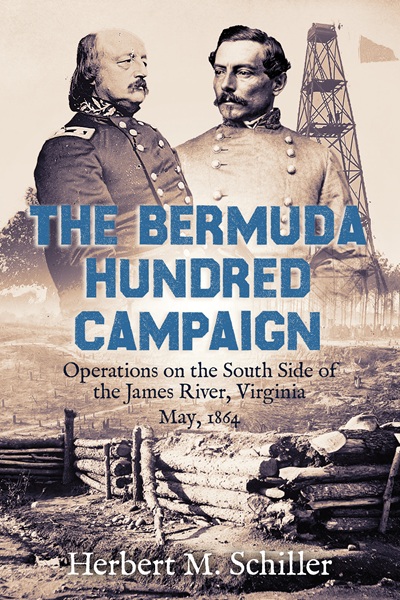In the spring of 1864, Ulysses S. Grant devised a coordinated strategy to thrust into the heart of the Confederacy. While Grant’s Overland Campaign drove southward, he was to be supported by General Benjamin Butler, who would travel up the James River and launch a surprise assault with 30,000 men between the weakly defended Richmond and Petersburg.
Grant’s plan was masterful, forcing Confederate forces to split. While Robert E. Lee engaged Grant’s Army of the Potomac, P. G. T. Beauregard and his hastily assembled men were tasked with halting Butler’s threat to the Confederacy’s flank.
Yet why, despite their numerical advantage, were Federal forces unable to overwhelm their opponents and turn the tide of the war more swiftly? What were the battles between Butler and Beauregard around the town of Bermuda Hundred like? And how did the Bermuda Hundred Campaign influence the Overland Campaign further north?
Herbert M. Schiller’s meticulously researched account sheds light on this little-known campaign, demonstrating through his analysis of both Union and Confederate leaders that this is a history of missed opportunities and heroic defense against overwhelming odds.



